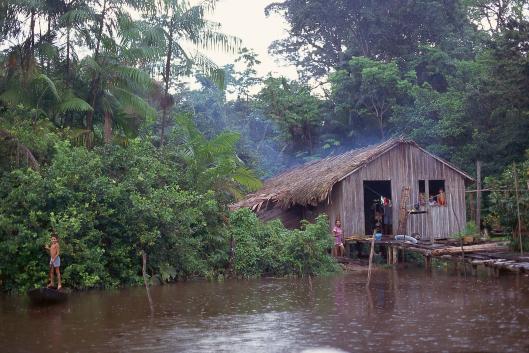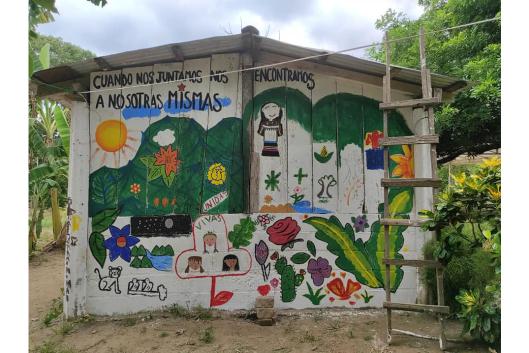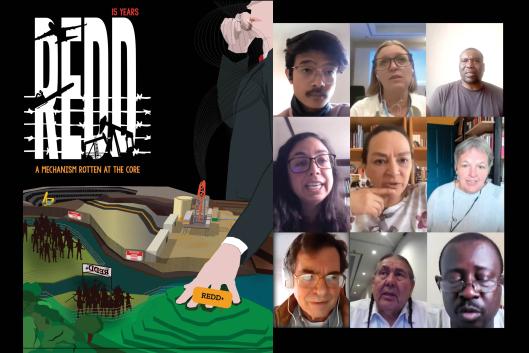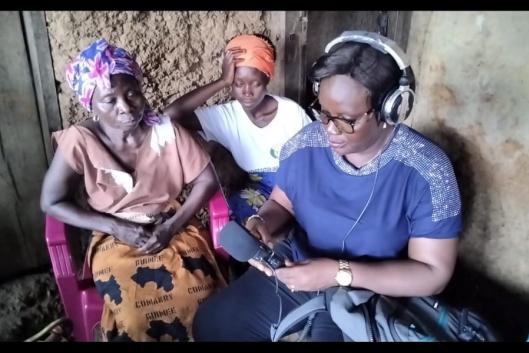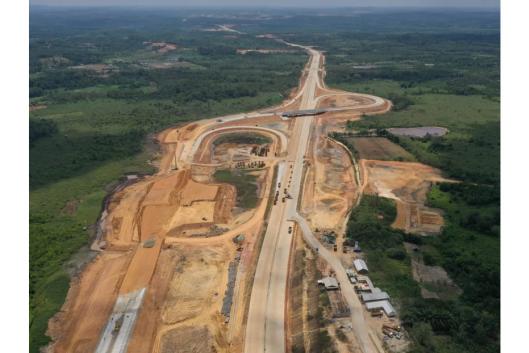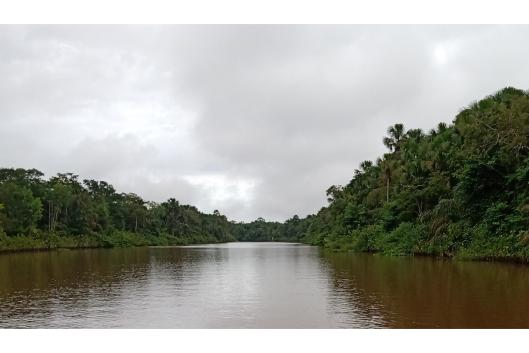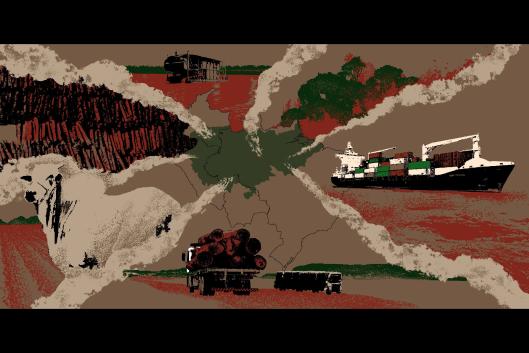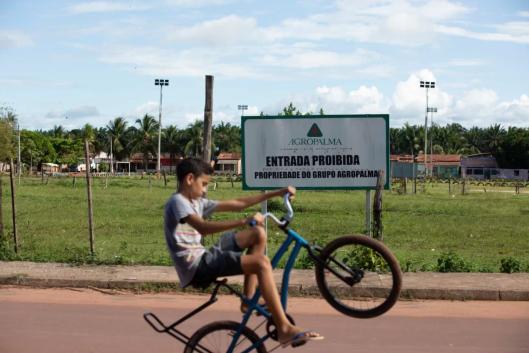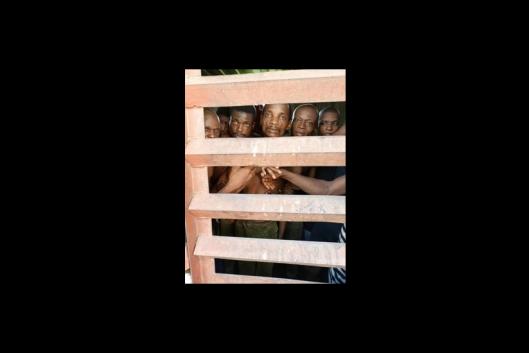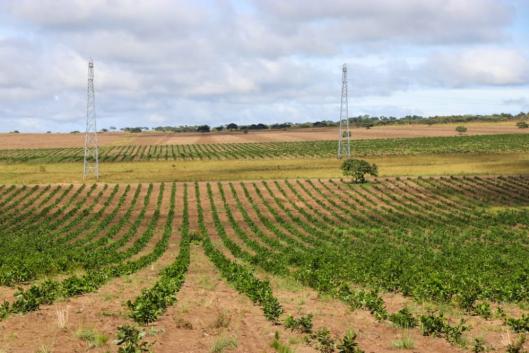What governments agree (or don't agree) on during the UN climate summits is not that relevant in the real world of carbon market expansion. Companies, governments, conservation NGOs, consultancies, brokers, banks and many other interested players are working hard to establish carbon market schemes as ‘the only way forward’.
Bulletin 264 - January 2023
Reflections, stories and struggles against the violence of the green economy
This Bulletin articles are written by the following organizations and individuals: The coordinator of the Network of Women from La Costa in Rebellion, from Chiapas, Mexico; nine WRM allies from different regions to discuss the harmful impacts of the REDD mechanism, including Acción Ecológica from Ecuador, CENSAT/Friends of the Earth from Colombia, the Agrarian Resources Center from Indonesia, Muyissi Environnement from Gabon, the Indigenous Environmental Network (IEN) from North America and the Corner House from the UK; the national coordinator of the women’s advocacy network WORNAPI from Sierra Leona; and the WRM International Secretariat.
WRM Bulletin
264
January 2023
OUR VIEWPOINT
REFLECTIONS, STORIES AND STRUGGLES AGAINST THE VIOLENCE OF THE GREEN ECONOMY
-
16 January 2023Oil palm plantations are a central cause of deforestation in southeast Mexico. A network of women in Chiapas have organized to denounce the tactics of coercion and deception employed by the State and companies to get peasants to accept this monoculture on their lands. Their struggle is for the land, for their knowledge, and for their voices to be heard.
-
16 January 2023In 2022, WRM, along with other allies, spoke with several authors from the publication, “15 Years of REDD: A Mechanism Rotten at the Core”. The aim was to reflect on the different layers of harmful impacts that REDD has caused over the last 15 years. Here is a summary of each contribution.
-
16 January 2023Oil palm plantation company Socfin has meant violence and oppression for affected communities in several African countries. Sierra Leone is no exception. In collaboration with Aminata Finda Massaquoi, a journalist and the national coordinator of the women’s advocacy network WORNAPI, WRM is releasing a podcast to highlight the voices of women living with the impacts of industrial plantations.
-
16 January 2023Brazil and Indonesia share a particular similarity: at some point its rulers decided to build a new capital city. While rulers in Brazil built Brasilia some 60 years ago, construction of the new Indonesian capital is currently underway. Both projects reinforce a colonial State, in spite of their promoters claiming the opposite. Both stories however, also show the role of social struggles as a way to revert a history of colonialism. (Available also in Bahasa Indonesia)
-
16 January 2023In line with certain aspects of a recent WRM study, we show how four REDD projects in the municipality of Portel, in the state of Pará in the Brazilian Amazon, contribute to perpetuating certain fantasies inherent to the idea of carbon trading through the REDD mechanism.
-
16 January 2023Most of the causes of deforestation that were identified in a UN-led global analysis from 1999 continue to exist. Yet, the “solutions” proposed since then have become new underlying causes of deforestation. In this scenario, projects that destroy the forest and “green” projects depend on each other in order to be viable.
RECOMMENDED
-
16 January 2023The news portal Metrópoles travelled 5,700 km to denounce how the palm oil production chain affects quilombola communities and Indigenous Peoples in the state of Pará, Brazil—namely through expropriation of traditional communities, environmental impacts, and a labor history analogous to slavery.
-
16 January 2023In September 2022, two large contingents of national police and military were dispatched to oil palm plantation concession areas of the Plantations et Huileries du Congo (PHC) in Lokutu and Boteka.
-
16 January 2023An investigation by SourceMaterial and Unearthed exposed some of the impacts of a major tree-planting carbon offsetting project in the Republic of Congo from oil giant TotalEnergies, which was announced at the end of 2021.
